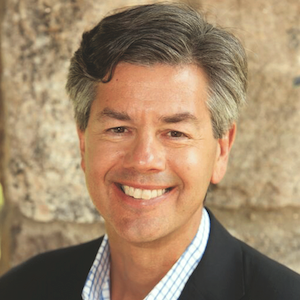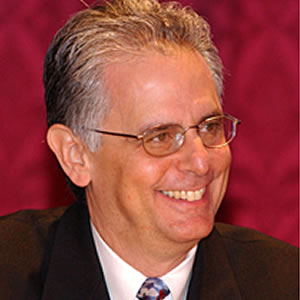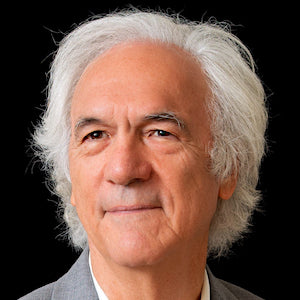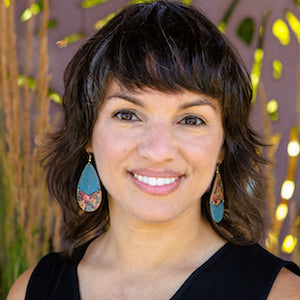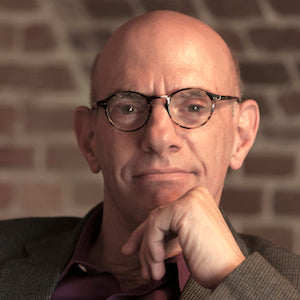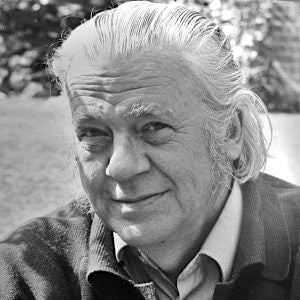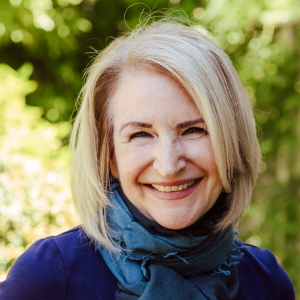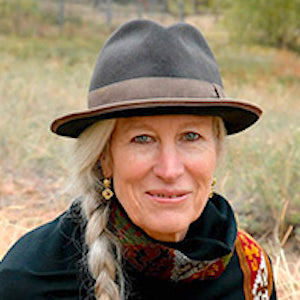On Ecotopia with Ernest Callenbach
Product Tags
- Biodegradable plastics
- biological survival
- Buckminster Fuller
- Bucky Fuller
- Community
- Ecology/Nature/Environment
- Ecotopians
- Ernest Callenbach
- feminism
- flush toilets
- GNP
- gross national product
- isolationists
- Jerry Mander
- Personal Transformation
- recycling
- sewage systems
- social change/politics
- women’s liberation


